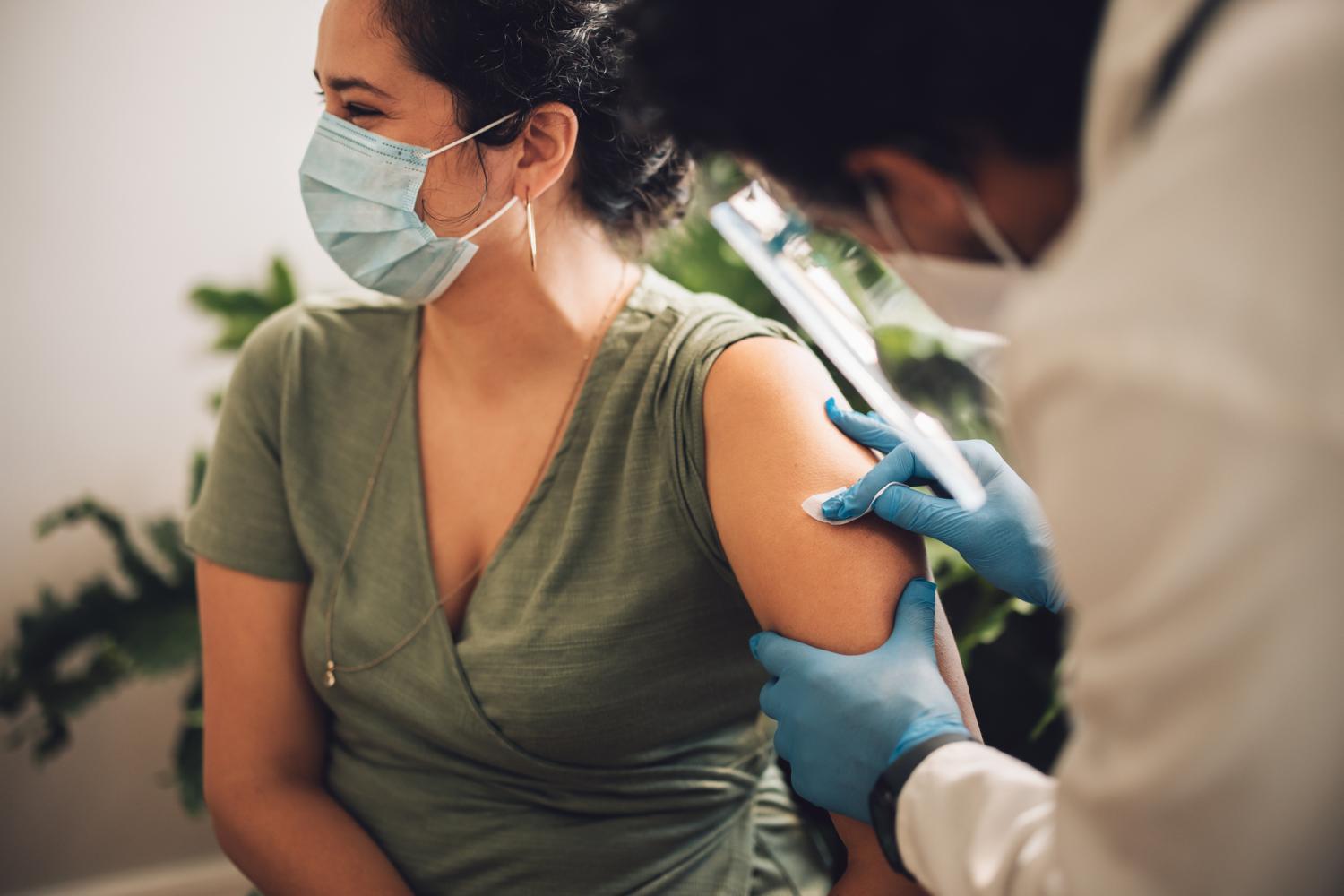A new study based on 4,605 participants in the Michigan COVID-19 Recovery Surveillance Study shows that the prevalence of long COVID symptoms at 30 and 90 days post-infection was 43% to 58% lower among adults who were fully vaccinated before infection.
The study appeared yesterday in the Annals of Epidemiology.
The 30- and 90-day timeframes were meant to compare two different definitions of long COVID. The US Centers for Disease Control and Prevention defines the condition as new or persistent symptoms 4 weeks after infection, while the World Health Organization definition defines it as 12 or more weeks after infection.
"By assessing both 30-day and 90-day long COVID, we increased the number of studies with which our results can be compared, facilitating discussion regarding consistency of estimates. It also acknowledges the importance of both outcomes," the authors wrote. "Whether symptoms persist for at least 30 or at least 90 days, both have the potential to cause significant disruption to daily life."
A third reported lasting symptoms
All study participants had a confirmed COVID-19 case confirmed by polymerase chain reaction (PCR) testing from March 1, 2020 and May 31, 2022. Participants were asked whether they had recovered from COVID-19 to their usual state of health, and if they had, how long it took them to regain their health.
Overall, 32.2% of adults with PCR-confirmed COVID-19 reported 30-day long COVID and 17.5% reported 90-day long COVID in the study.
The prevalence of 30-day long COVID was 43% lower among the vaccinated group (prevalence ratio [PR], 0.57; 95% confidence interval [CI], 0.49 to 0.66). The adjusted prevalence of 90-day long COVID was 58% lower among the vaccinated group (PR, 0.42; 95% CI, 0.34 to 0.53).
In several secondary analyses, the authors looked at prevalence after factoring in Delta-strain infections and comorbidities. In both cases, vaccinated participants were at least 40% less likely to have long COVID.
Overall, vaccinated participants were more likely to be White, older, more formally educated, more likely to be retired, and more likely to have private health insurance coverage at their COVID-19 onset, the authors found. They were also more likely to be urban residents.
These findings support the growing evidence that COVID-19 vaccination may be an important tool to reduce the burden of long COVID.
"These findings support the growing evidence that COVID-19 vaccination may be an important tool to reduce the burden of long COVID, providing evidence that can inform public health messaging regarding the benefits of COVID-19 vaccines," the authors concluded.




















